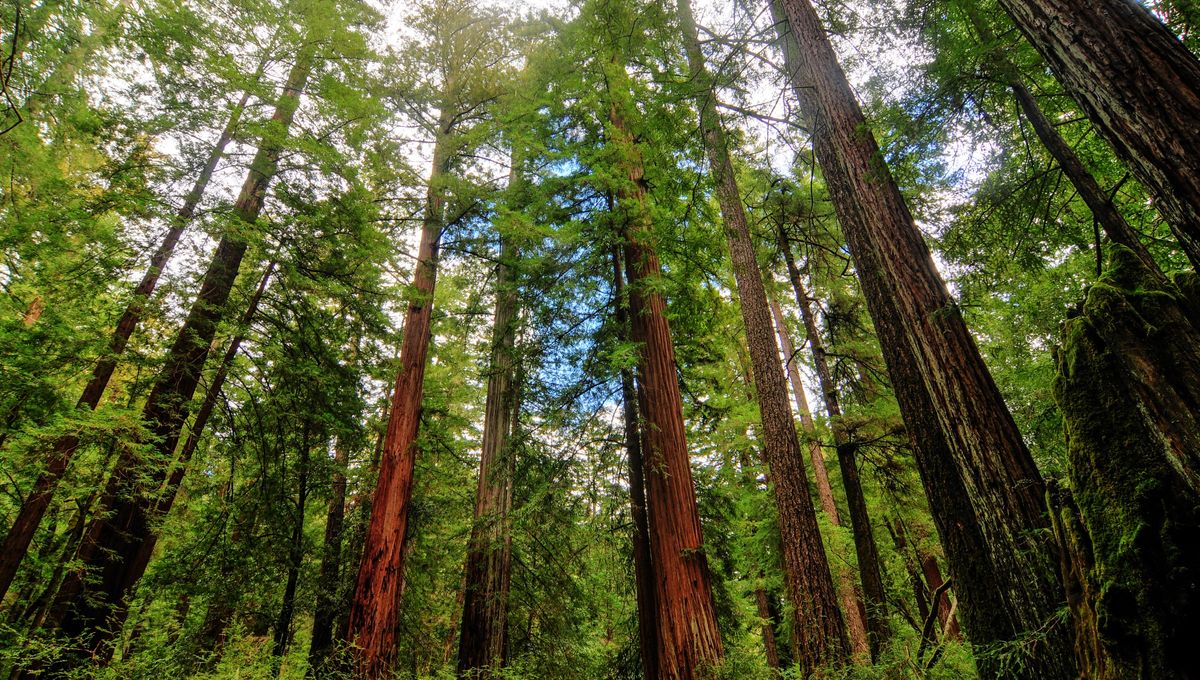
Lukas McClish, a Californian hiker who became lost and stranded in the Santa Cruz Mountains, has been found 10 days after he first set off for what he thought was a three-hour hike.
McClish left for his hike on 11 June, but became lost in part due to recent wildfires destroying landmarks used for navigation. After the 34-year-old did not return for 16 June – Father’s Day – his family reported him missing, triggering an intensive search and rescue effort.
McClish went into the wilderness with “just a pair of pants, and my pair of hiking shoes, and a hat”, according to an interview he gave to ABC7. “I had a flashlight, and a pair of folding scissors, like a Leatherman tool. And that was about it.”
But you work with what you have, and McClish survived by drinking water he had collected from a waterfall with his shoe. Finally, 10 days after he set off, he was found by a rescue team, exhausted and in need of sustenance, but alive.
So how long can you survive without food and water? One paper points out the obvious, that “experiments with humans are ethically unacceptable” on the topic. You can’t just stop giving a person water and ominously start a stopwatch.
Instead, we have to learn from real cases of people trapped or lost in the wilderness, or food- and drink-deprived in other ways. That paper looked at reports from the media, concluding that “it seems possible to survive without food and drink within a time span of 8 to 21 days”, with that time improving to about two months if it is only food that is absent.
This seems a little on the optimistic side, however, with the general consensus being that the average person can only go about two to three days without water. This will vary wildly depending on the health and age of the person, of course, as well as other circumstances such as the environment’s temperature.
In 1979, a then 18-year-old Andreas Mihavecz was locked up in a police cell in Germany by mistake following a car accident in which he was a passenger. He remained locked in the basement cell for the next 18 days, with the officers responsible for his arrest all believing he had already been released. When he was found again he had lost a lot of weight but was still alive, though barely.
Back in the 1940s, in one of the few experiments conducted on humans, two scientists deprived themselves of water and ate a dry food diet, like a cat. The 28- and 33-year-olds survived the experiment, which they stopped before it became life-threatening.
“By the third or fourth day their faces had become somewhat pinched and pale and there was a suggestion of cyanosis about their lips,” a paper on the two reads. “This general appearance of ill-being vanished within a few hours of the restoration of fluid, and the symptoms of dehydration passed off long before physiological rehydration was complete.”
Before setting out on hikes that might feasibly leave you wishing you’d Googled “how long can I survive without water” if things go wrong, it is best to inform someone where you are going and take adequate supplies with you. It is also recommended by the US Forest Service that the moment you realize you have become lost, you should stop and try to reorientate yourself.
“Get out your compass and determine the directions based on where you are standing. Do not walk aimlessly,” the service writes. “If you are on a trail, stay on it. All trails are marked with signs (where intersections meet) and with diamond blazers or markers. However, signs are sometimes vandalized or stolen. As a very last resort, follow a drainage or stream downhill. This is often a difficult path but could lead to a trail or road. Again, this could be very dangerous.”
The best course of action, if you cannot find your route, is to attempt to attract attention from others. Should you attempt to self-rescue, they recommend that you stop and rest before you are exhausted, and avoid hiking in the heat. Of course, most importantly, you will need to find shelter and water to avoid dehydration. Here’s hoping you have a trusty shoe.
Source Link: Man Survives Being Lost In Santa Cruz Mountains For 10 Days By Drinking Water Out Of A Shoe